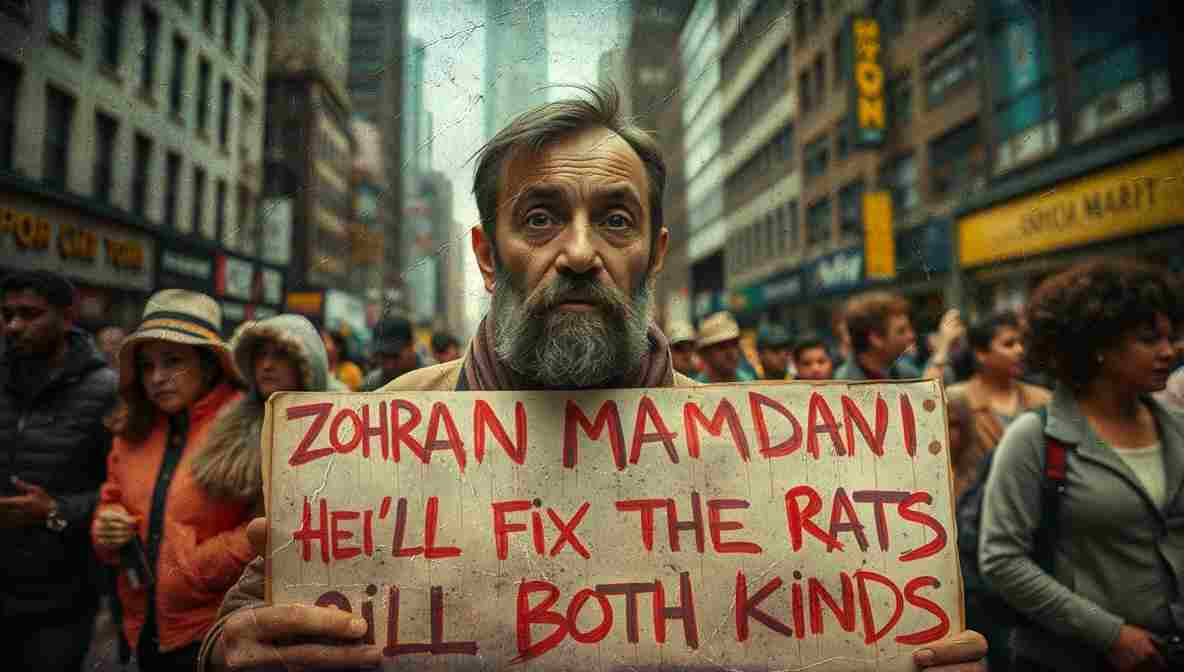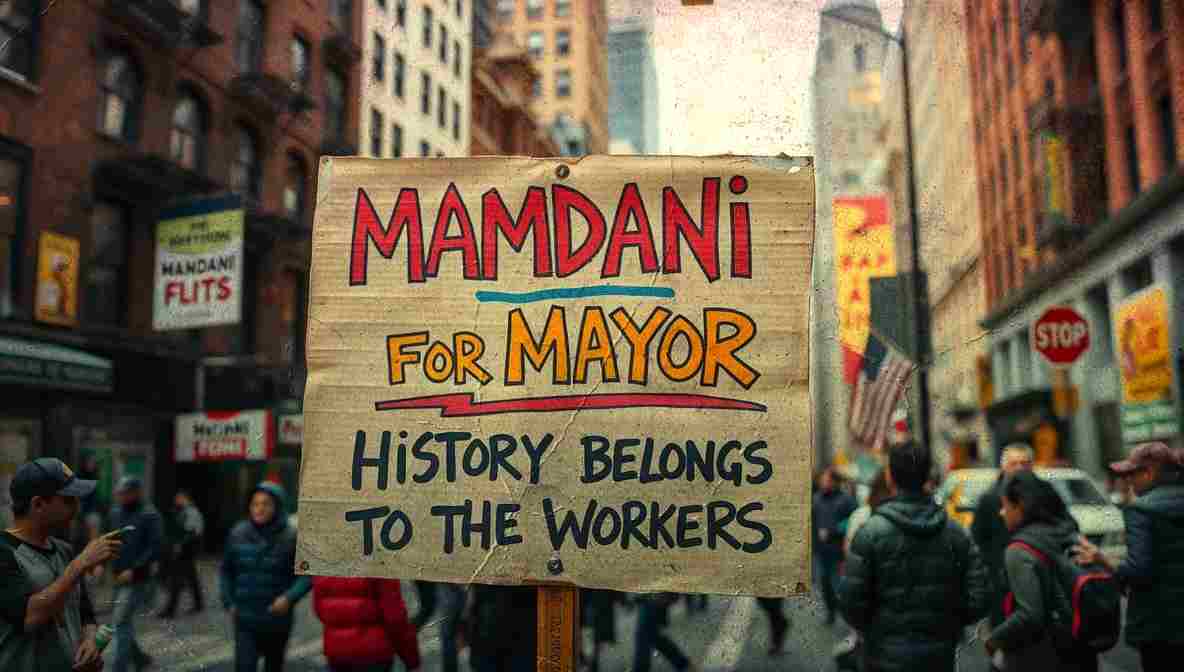Continental observers note NYC mayor-elect’s agenda matches mainstream European governance
A Transatlantic Perspective on Progressive Policy
Le Monde’s coverage of Zohran Mamdani’s election victory emphasized what French observers see as an “astonishing rise” from state legislator to mayor of America’s largest city. The newspaper’s analysis placed particular emphasis on how American media characterizes Mamdani’s policy platform as radical or socialist while European audiences would recognize most proposals as center-left governance that has been standard in European democracies for generations.
The French newspaper’s framing reflects broader European puzzlement at American political discourse, where policies that Europeans consider basic social provisions are portrayed as dangerous experiments. This disconnect reveals fundamental differences in how European and American societies understand government’s role in ensuring citizen welfare and managing economic inequality.
Universal Social Programs
Mamdani’s call for universal childcare, which has generated controversy and accusations of socialism in American debates, struck European commentators as unremarkable. Every European Union country provides subsidized or universal childcare, viewing it as essential infrastructure for working families rather than ideological overreach. France, Germany, and the Nordic countries have operated universal or near-universal childcare systems for decades with bipartisan support.
Le Monde noted that French parents would be shocked by the American situation where quality childcare costs can exceed housing expenses and where many families lack access to affordable options. The article suggested that American resistance to universal childcare reflects ideological commitments rather than practical concerns, as European experience demonstrates these programs’ feasibility and benefits.
Housing Policy and Tenant Rights
Mamdani’s housing proposals, including rent stabilization and expanded public housing, align closely with policies common throughout Europe. Vienna’s social housing program, which houses approximately 60 percent of residents in quality city-owned or subsidized apartments, demonstrates the viability of large-scale public housing. Berlin, Paris, and Amsterdam all maintain stronger tenant protections and more aggressive housing market interventions than Mamdani proposes for New York.
European commentators noted that American debates about housing policy often ignore successful international models. The assumption that free market forces will solve housing crises has been abandoned in most European cities, where governments actively shape housing markets through regulation, construction, and tenant protection. Mamdani’s proposals would move New York City closer to European norms rather than breaking new ground.
Public Transportation Investment
The mayor-elect’s emphasis on public transportation struck European observers as obviously correct rather than politically controversial. Major European cities have made massive investments in subway systems, light rail, bus rapid transit, and bicycle infrastructure. These investments are seen as essential for urban quality of life, environmental sustainability, and economic efficiency rather than ideological statements.
Paris, London, Berlin, and Barcelona have all significantly expanded public transportation in recent decades while reducing automobile infrastructure in city centers. This prioritization reflects consensus that dense urban areas function better with robust public transit than with automobile-oriented development. American cities’ continuing investment in highways and parking rather than transit appears backward from European perspectives.
Labor Rights and Economic Security
While Mamdani’s platform doesn’t extensively address labor issues since many are determined at state and federal levels, his general emphasis on worker protections and living wages aligns with European labor standards. Mandatory paid vacation, parental leave, sick time, and strong union rights are universal across Western Europe. These protections haven’t prevented European countries from maintaining competitive economies or attracting business investment.
Germany exemplifies this approach with powerful unions, generous social benefits, and strong worker protections coexisting with a highly competitive manufacturing sector and robust economy. The German model challenges American assumptions that worker protections necessarily harm economic performance, suggesting instead that they can contribute to productivity through worker satisfaction and long-term planning.
Healthcare Context
Although healthcare policy isn’t primarily municipal, Le Monde noted the broader context of American resistance to universal healthcare when discussing Mamdani’s platform. Every European country provides universal healthcare coverage through various mechanisms, from the UK’s fully public National Health Service to Germany’s regulated private insurance system. These approaches differ in details but share commitment to ensuring all citizens access healthcare regardless of income.
European observers often struggle to understand American healthcare debates, where proposals for universal coverage are characterized as socialist takeovers despite working successfully throughout Europe across different political systems and economic structures. This European puzzlement extends to American reactions to Mamdani’s relatively modest proposals for expanding social services.
Political Discourse Differences
Le Monde’s analysis suggested that differences in political discourse explain much of the disconnect between American and European reactions to progressive policies. European political culture generally accepts that government should actively manage markets, provide social services, and ensure minimum living standards. American political culture remains more skeptical of government intervention, creating space for characterizing standard social democratic policies as radical.
This discursive difference has practical implications. European politicians don’t spend time relitigating whether universal childcare should exist; debates focus on implementation details, funding mechanisms, and quality improvements. In contrast, American progressives must first establish legitimacy of government providing such services before discussing specifics. This extra argumentative burden slows policy development and limits ambition.
Learning From International Experience
European commentators expressed frustration that American political debates rarely engage seriously with international evidence about policy effectiveness. When discussing housing, healthcare, transportation, or social services, American debates often proceed as if other countries’ experiences don’t exist or aren’t relevant. This insularity limits policy learning and results in repeated reinvention rather than adapting proven approaches.
Mamdani’s campaign did reference international examples, particularly Vienna’s housing success and various European cities’ public safety innovations. This willingness to learn from international experience marked a departure from American political convention and drew praise from European observers. Whether this approach continues in governance remains to be seen, but the campaign’s international orientation suggested openness to learning from other democracies’ successes.
American Exceptionalism
Le Monde’s coverage ultimately pointed to American exceptionalism as explaining both resistance to policies common elsewhere and the dramatic quality of Mamdani’s victory. Americans often believe their country is fundamentally different from other developed democracies, requiring unique approaches rather than adapting international best practices. This exceptionalism can foster innovation but also prevents learning from others’ successes.
For European observers, Mamdani’s election suggests potential shift in American urban politics toward more international perspectives on governance. If successful, his administration might demonstrate that policies working elsewhere can also work in American context, potentially opening space for similar approaches in other cities. However, European commentators remained skeptical that one municipal election signals broader transformation in American political culture.



